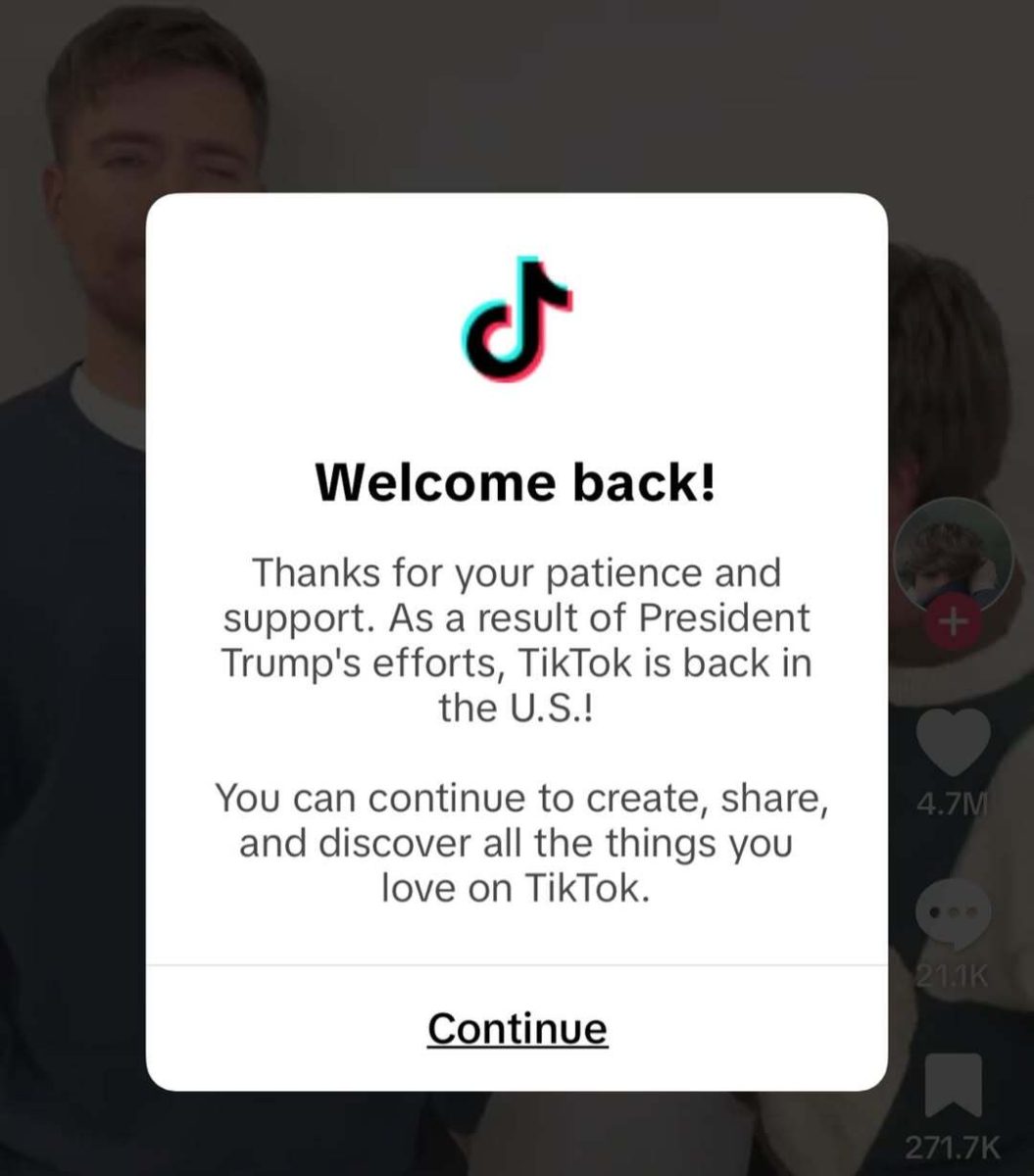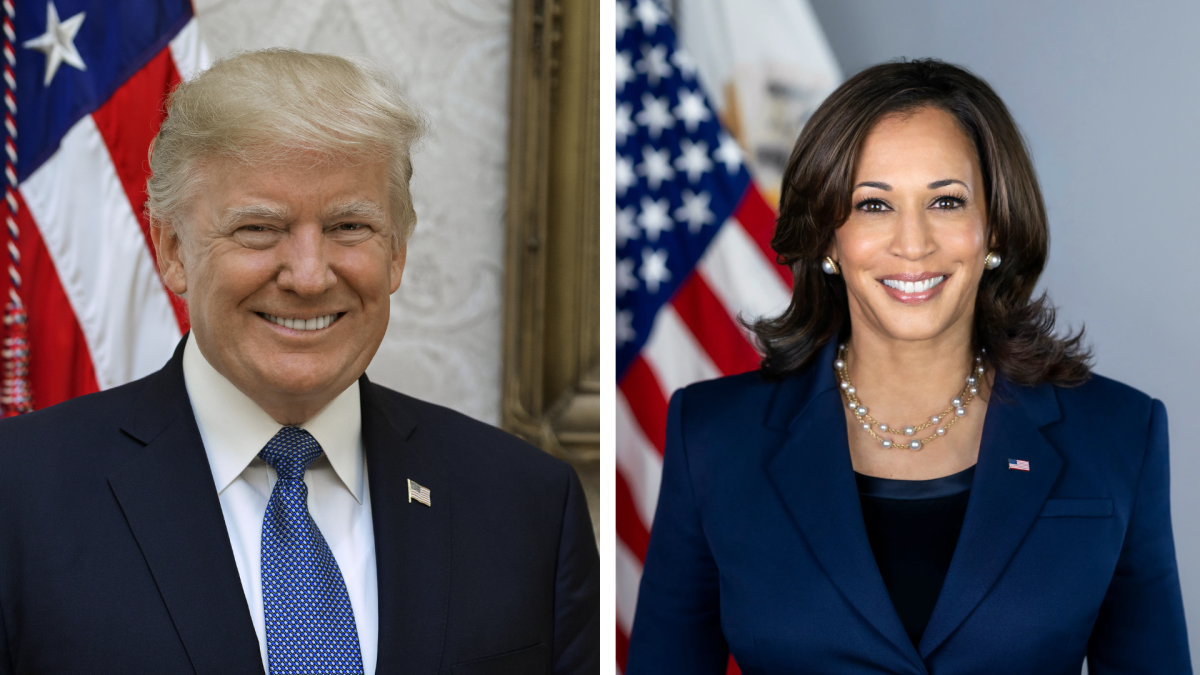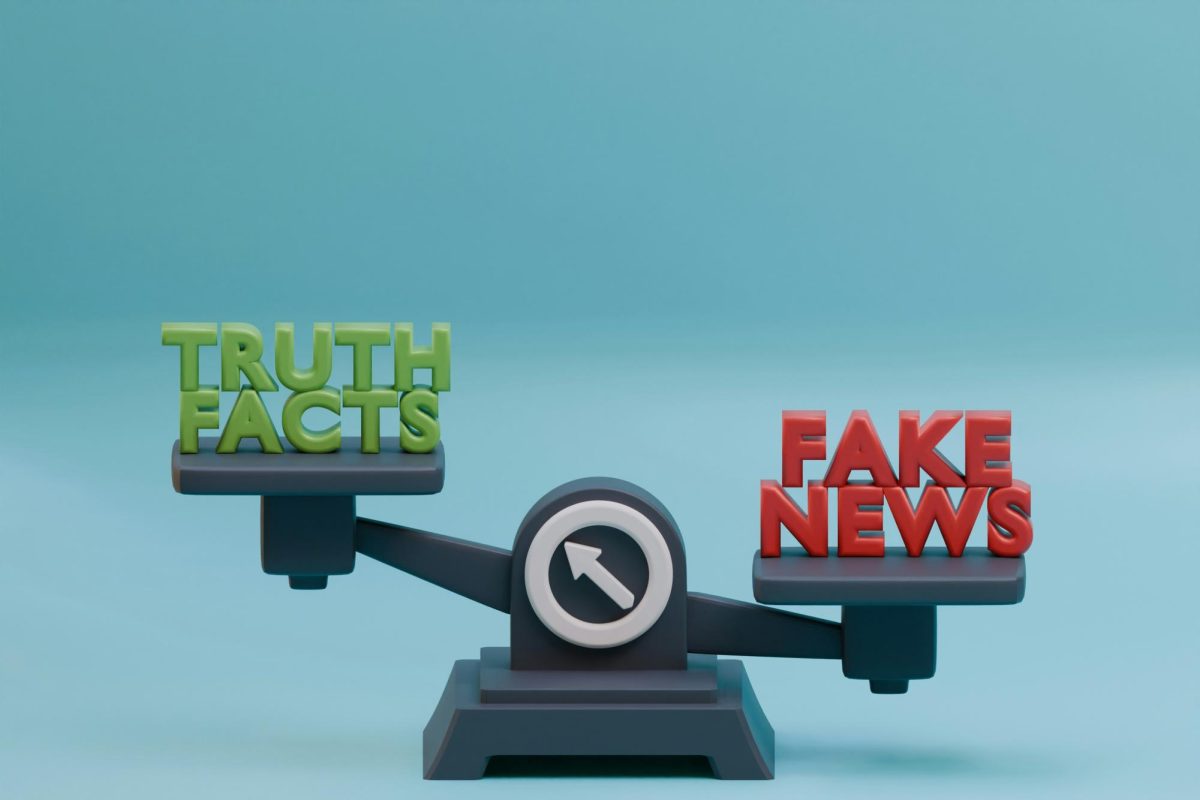This is an opinion article by one of our staff writers, and the opinions expressed here do not represent the views of the newspaper in general or of the leadership team.
The entropy in Venezuela has reached an all-time high. Since 2013, the authoritative Nicolas Maduro, the current leader of Venezuela, has continued to plummet this country into an economic and political disaster. He has exploited his power to instill absolute and complete control over his people. His socialistic dictatorship has failed. Yet he refuses to accept the hard truth even as the people of Venezuela protest against his political reign. The United States and its sitting President, Donald Trump, has recognized this and has recently taken action to prevent Maduro’s malicious deeds and intentions. But how can the United States maneuver Maduro to accept new leadership and bring back prosperity to Venezuela?
During the February 4th State of The Union, Juan Guaidó was invited and praised in the President’s speech. Both parties on separate isles unanimously welcomed Mr. Guaidó. Even though he has not yet been elected and sworn in, Trump has called him “the true and legitimate President of Venezuela.” The President also invited Mr. Guaidó to the White House. This shows to the World that Mr. Guaidó has the full political support of the United States and sends a strong message to Russia and China, who both support Maduro’s grip on power. With the backing of his military and Superpowers of Russia and China, Maduro is surviving. But the country is apprehensive, fearful, and seeking new leadership. A survey completed by Consultores 21 in late 2017 found that more than four million Venezuelans had left their country in order to escape the Bolivarian Revolution. Venezuela, however, remains trapped in the grasp of an unwanted dictator, and politically, trapped in a geopolitical tug-of-war between Russia, China, and the United States.
For more than a decade, Venezuela has dominated its oil industry without the assistance of foreign companies. Since nationalizing its oil companies in 2007, oil production has been less than a third of what it was in 1998 when Chávez (Maduro’s predecessor) assumed power. Oil is the country’s primary source of revenue and now causing Venezuela to suffocate economically to the point of societal breakdown. Neoteric sanctions by the United States have pressured Maduro’s economy into further deterioration. The near-bankrupt national oil company is now inviting private companies back into Venezuela to manage daily operations. U.S. oil producers, Chevron and Exxon, all stand to gain from this re-entry into Venezuela’s rich oil resources. Outside investment by private companies is also required to the tune of $200 billion in order to revive a 2.6 million barrels per day production – a level of production that was achieved prior to U.S. sanctions. Notably, both political recognition of Maduro’s opponent (Mr. Guaidó) and forceful economic sanctions is crushing Maduro and paving the path for both U.S. political and business interests to thrive in Venezuela.
But what does President Trump gain from helping Mr. Guaidó? He may get more votes! With the amelioration of Venezuela’s issues, Trump would gain the attention of Venezuelan and Cuban voters who strongly oppose Maduro. This Hispanic voter base also happens to be primarily in Florida – an essential swing State in the upcoming Presidential elections. So, it appears from all perspectives that the United States foreign policy strategy for Venezuela is quintessentially an “America First” and “Trump First” strategy.





